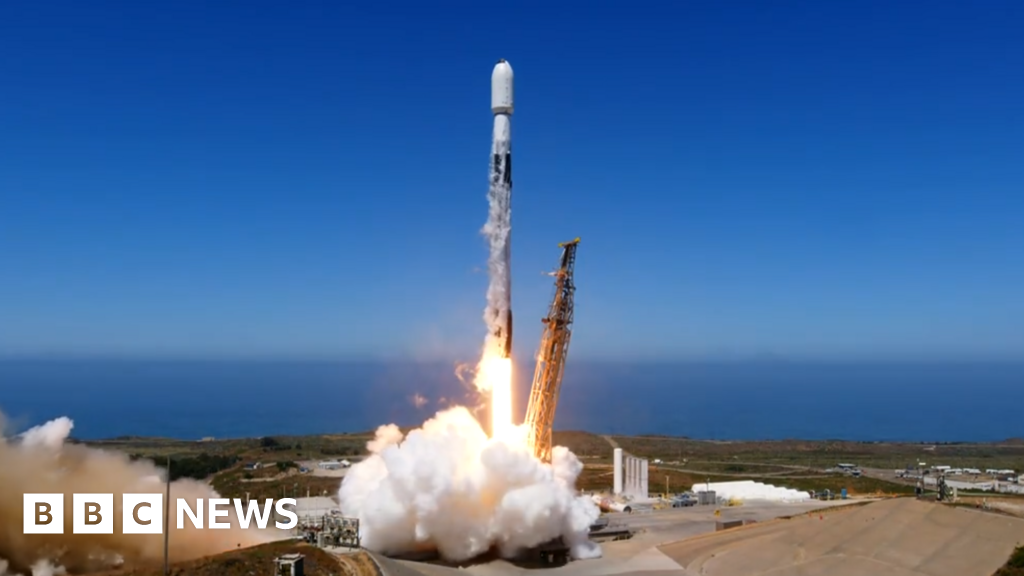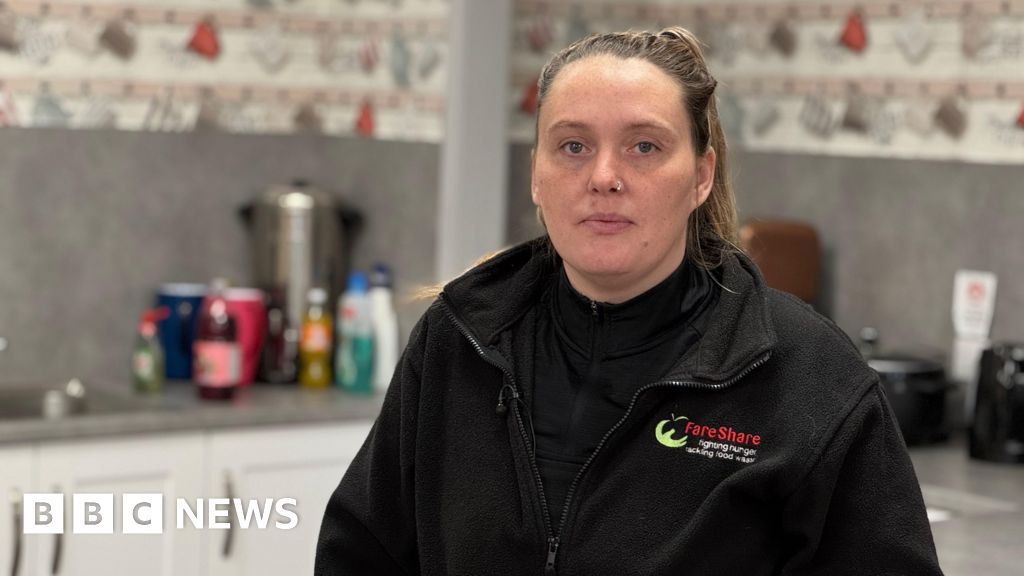But boldly going to space is still seen as “something for the elite” in Africa, says Jessie Ndaba, co-founder and managing director at Astrofica Technologies, a space tech firm in South Africa that designs satellites. Business at her firm remains “very slow” overall, she adds.
Given the massive threat posed to the continent by climate change, space tech should be used to monitor food and resources, she suggests. An African space race to reach the moon or Mars, in contrast, wouldn’t be helpful: “We’ve got to look at the challenges that we have in Africa and find ways of solving those.”
For Sarah Kimani, of the Kenyan Meteorological Department, satellites have proved invaluable in helping her and her colleagues track dangerous weather conditions. She recalls using earth observation data provided by Eumetsat, external, a European satellite agency, to monitor a major dust storm in March. “We were able to tell the direction of this dust storm,” she says.
Later this year, she and her colleagues will begin receiving data from the latest generation of Eumetsat spacecraft, which will provide wildfire and lightning monitoring tools among other benefits. “It will help us improve our early warning systems,” adds Ms Kimani, noting that the collaboration with Eumetsat has been “very efficient and effective”.
Climate change brings meteorological threats that can emerge rapidly – from major storms to extreme drought. “The intensity of these hazards… is changing,” says Ms Kimani, noting that satellite data that could be updated as frequently as every five minutes, or less, would help meteorologists track such phenomena.
She also argues that Kenya – which put its first operational earth observation satellite into orbit last year – would benefit from having more of its own meteorological spacecraft in the future. As would other African countries in general. “Only Africa understands her own needs,” says Ms Kimani.
Credit: Source link










